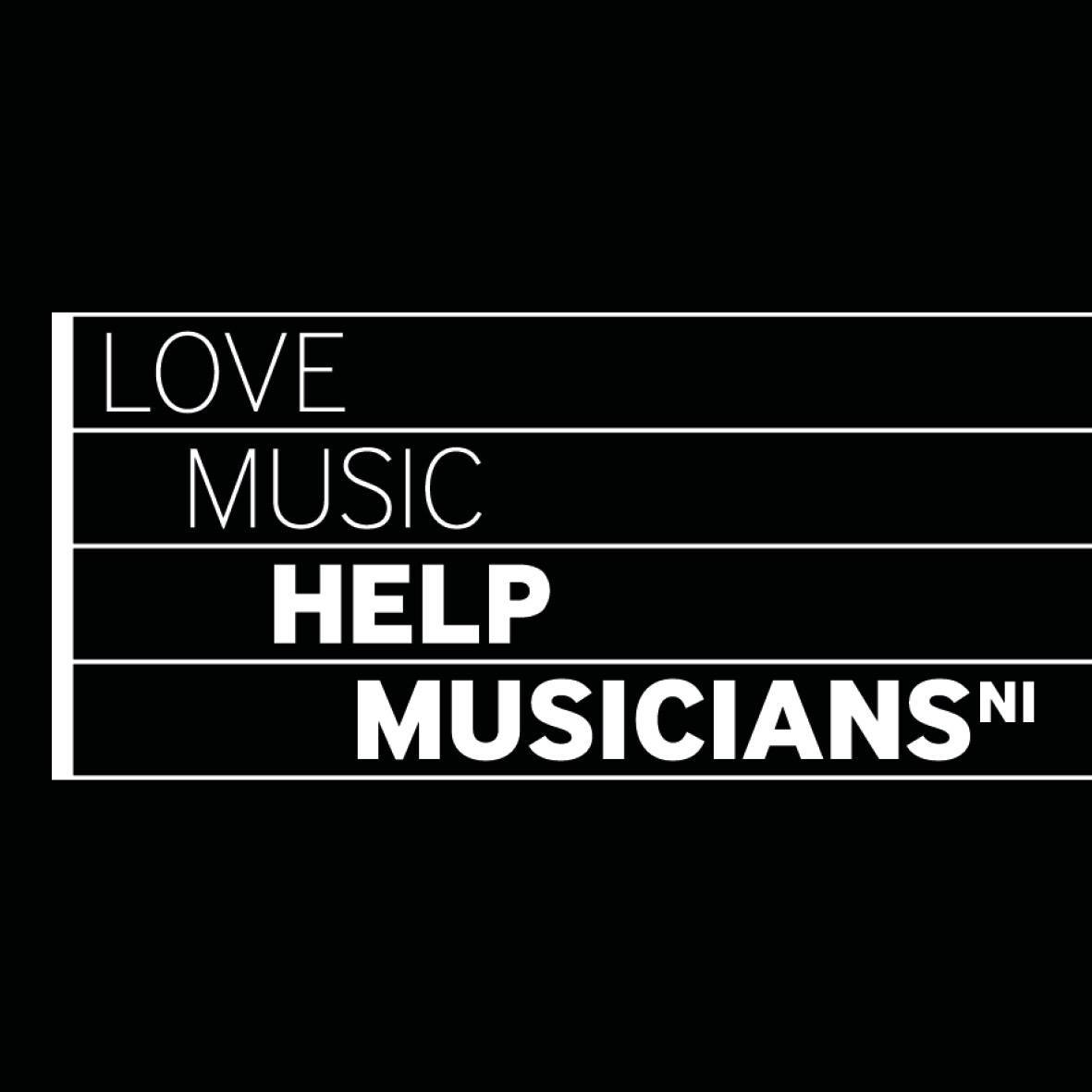“I’ll figure it out.” Ethan Hunt’s reassurance, repeated through Mission: Impossible — Fallout, is the mantra of the eternal optimist, one embodied perfectly by Tom Cruise, contemporary blockbuster cinema’s most industrious instrument of can-do energy, only but one of the diligently-spinning cogs in Christopher McQuarrie’s meticulously constructed, if occasionally overwhelmed, return to the Impossible brand.
If the traditional, Bondian image of espionage (pre-Daniel Craig anyway) is that of effortless ease — a silencer under a dinner suit, a wry one-liner with alcohol on the breath — then in Cruise we get the opposite: intelligence work as aerobic overkill. Under the instruction of the Impossible series’ five distinct directors (McQuarrie is the first to get a second go, following 2015’s Rogue Nation), Cruise is a megawatt Duracell bunny, jumping, bounding, flailing, more verb than man, triumphing over international rogue elements thanks to sheer cardio will power.
If, as suggested in our recent Skyscraper review, blockbuster film-making is a cinema of excess, then Fallout offers a good-hearted tweak: a cinema of generosity. Cruise approaches thrilling action movie set-pieces with the collaborative enthusiasm of an improv pro, a mania for authentic stunt work that remains a throwback in the land of green screen. Leap out of a cargo plane at 35,000 feet. Yes, and? Play dodgems with airborne helicopters. Yes, and?
Continuing the series’ late conversion to serial narrative, Fallout brings existing elements into altered configurations. Hunt’s sojourn in a Belfast safehouse (?) is interrupted with his latest mission, should he choose to accept it: stop a set of uranium cores falling into the hands of The Apostles, a bunch of apocalyptic malcontents whose anarchist figurehead Solomon Lane (Sean Harris) was captured by Hunt last time around.
Shadowed again by Benji (Simon Pegg) and Luther, his weary one-liners coated in Ving Rhames’ trademark honey, Team IMF drops the ball, the uranium vanishes and Hunt is forced, via a set of story jumps, to break Lane out of custody to recover the lost nuclear nuggets. Tagging along is CIA fixer August Walker, an oak-solid Henry Cavill with the triumphant ‘tache behind Dawn of Justice’s re-shoots’ wobbly mouth comedy.
McQuarrie and Cruise have settled into a strong groove by now, and Fallout does a good job of holding together its set-pieces, double-crosses and minor twists and (re)introductions. Cavill’s never been a performer with much energy, but he brings robustness to his bruiser role; Rebecca Ferguson returns as Ilsa, her desperation for professional redemption putting her at cross-paths with Hunt’s team; even Hunt’s estranged ex-wife, Michelle Monaghan, gets a look in.
McQuarrie and his crew shoot fights with a tight, direct sureness that produces some elegant battering. A three-way plumbing-decimating throw-down in a men’s toilet between Cruise, Cavill and Liang Yang is a particular highlight. There is a relentless about Fallout, typified by a sequence where Hunt has to run really, really fast across fancy London rooftops to catch a perp, Pegg chirping encouragement in his ear like a sports day parent. It’s a fun — and kind of funny — scene and pretty much peak Tom Cruise Running With His Hands At His Side.
The exhaustiveness can be a little, well, exhausting , each wild ride melting into the next, but Fallout is pulp spy material rendered with professional cinematic care. At its heart, it’s outrageously, impatiently silly, but it’s taken seriously by its creators, and it’s that second part that so many of our blockbusters miss. For that alone, Fallout stands out. Conor Smyth
Mission: Impossible-Fallout is out on wide release.





